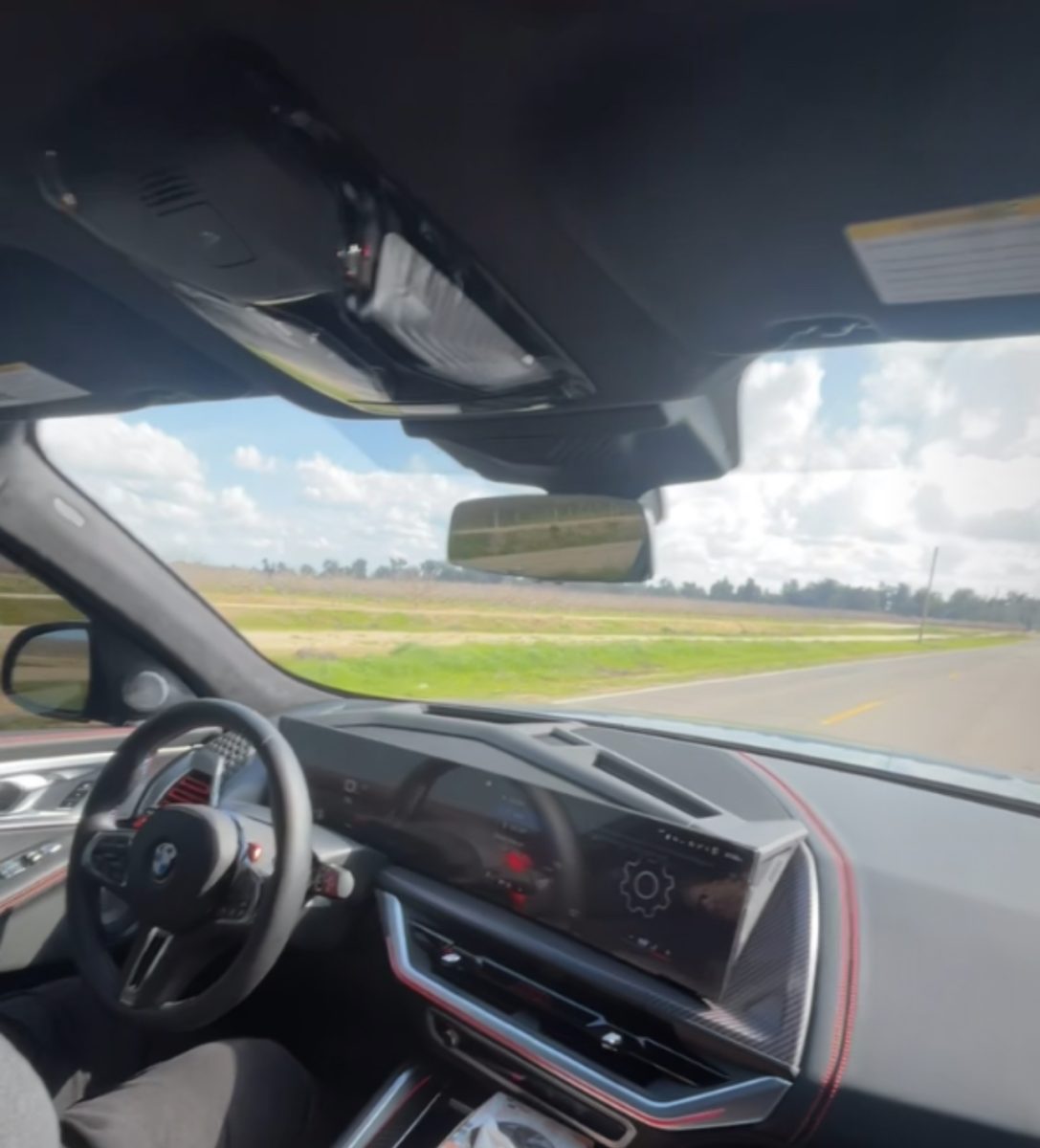The tech startup Hubbel network is the first company to successfully make a Bluetooth connection from earth to a satellite 600 km away. The people working at Hubbel network claim that all they needed was a software update to the system on earth. This achievement could mean huge advances in the future of Bluetooth such as the creation of a fully accessible via Bluetooth satellite. Hubble Network’s two satellites are currently in orbit both possessing 3.5 mm Bluetooth chips which were able to send signals to Earth according to an announcement last week.
The Bluetooth most people use right now sometimes can have issues connecting to devices even a few feet away but, according to tomshardware.com this massive improvement in connectivity is said to be “possible through a single firmware update on the device chip-set.” This innovation can not only be used on readily available Bluetooth hardware and have a connection from hundreds of kilometers away but also requires a low amount of power to do so. The satellites have been able to receive these signals due to the patented phased antenna which magnifies radio signals both ways. Founder Alex Haro and co-founder Ben Wild believe that the end goal of this satellite is to “infiltrate the IoT market with the cheaper and lower-powered technology of Bluetooth and make those products globally accessible.” This satellite will not only be useful to people who need to connect to the internet for their Ring doorbell but also to people far away, such as people in an oil rig which need high-power connectivity to communicate with their home base.
The company currently has 2 satellites available but is planning to send two more by the year 2025 with the help of spaceX’s transporters, 11 and 13. They are planning to add a “production constellation” which will be 32 more satellites by 2026 Q1. The end goal of the Hubble network is to be connected to over 1 billion devices. While many are unsure if this will be doable, the group of engineers working there have shown promising results. The connectivity issues many people have to face during their lifetime may go away in the near future and the range and power usage will most likely only get better making it a promising business.


